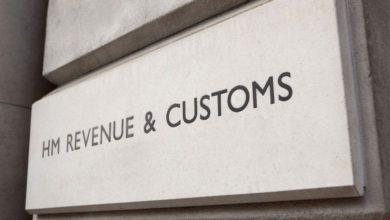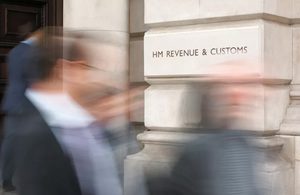Big businesses are HMRC’s ‘best bet’ for tax yields, says Pinsent Masons
The yield per pound spent on investigations into large businesses was much higher than for any other type of investigation HMRC undertakes

Every pound spent on investigating large businesses yielded £56 in extra tax for HMRC last year, according to law firm Pinsent Masons.
The yield per pound spent on investigations into large businesses was much higher than for any other type of investigation HMRC undertakes.
Steven Porter, partner and head of Tax Disputes and Investigations at Pinsent Masons, said that the success of HMRC’s compliance work on large businesses means they are “likely to continue to bear the brunt” of HMRC investigations.
He said: “With HMRC seeing such an enormous rate of return from investigating the biggest businesses, they can expect to continue to have to deal with HMRC’s compliance teams. It’s far more efficient for HMRC to get extra tax from a small number of large businesses than it is to get it from a huge number of individuals.”
However, HMRC has also seen growing success in its investigations into individuals and small businesses, with the amount it collects in extra tax it makes per pound spent on those investigations rising from £11 in 2020/21 to £16 in 2021/22.
Porter noted that SMEs can expect to see HMRC start more investigations this year as it seeks to shrink the £15.bn small business tax gap.
Porter said: “HMRC will continue to push where it believes there’s unpaid tax to be had – small businesses can expect to face a lot more investigations. It’s become more effective at using all the tools at its disposal to target businesses that have underpaid significant amounts of tax. AI systems, big data, social media analysis, information from estate agents, paying informants, dawn raids – all of these and more can provide leads for investigations.
“Any business that has underpaid tax needs to get out ahead of the problem and take professional advice before engaging with HMRC. The worst outcome for a business is for HMRC to discover unpaid tax through an investigation. The penalties can be very substantial.”







